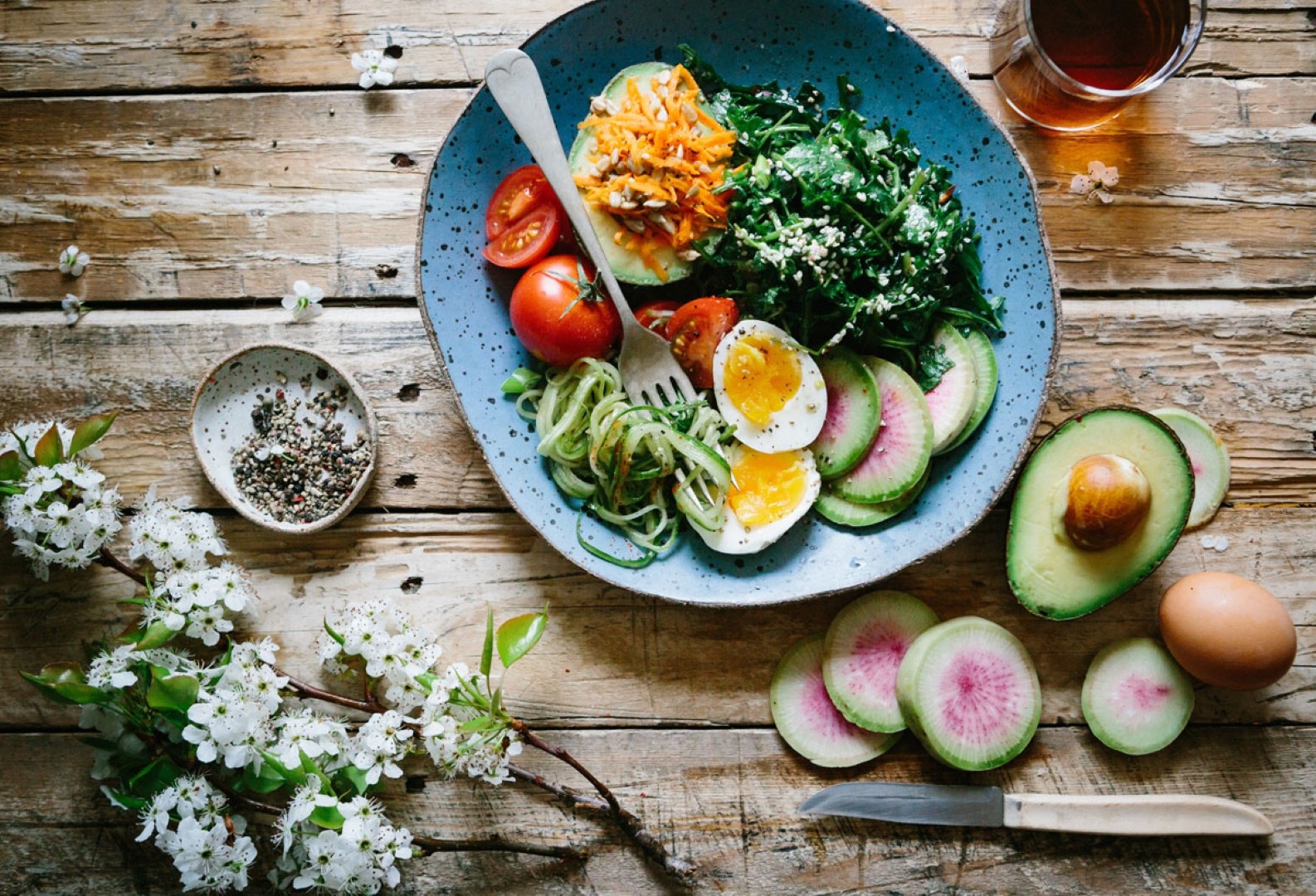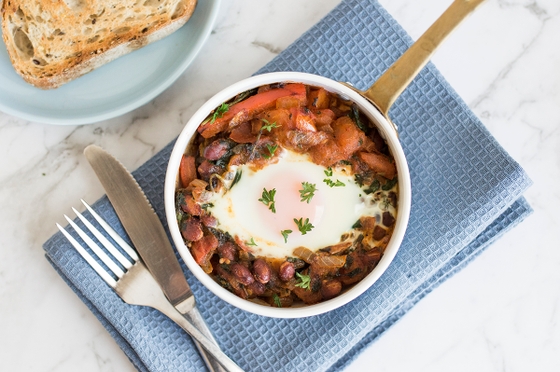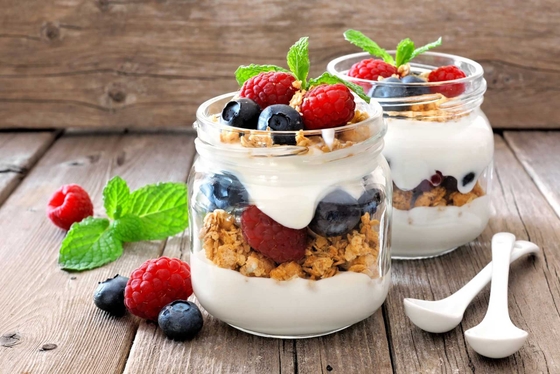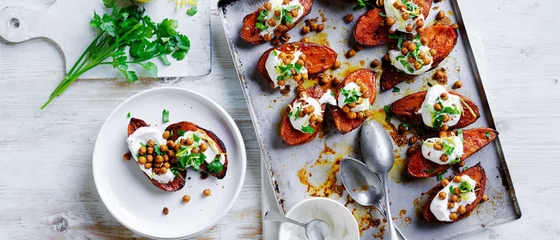
Five foods to help lower blood pressure
Blog: 10 December 2019
One the easiest steps you can take to prevent high blood pressure is choosing healthy foods.
High blood pressure is a health issue that affects both young and old Australians alike, with close to 6 million Australians (34%) aged 18 years and over with high blood pressure.
Alarmingly it’s one of the leading risk factors for death and disability in Australia, as well as across the world.
One the easiest steps you can take to prevent high blood pressure is choosing healthy foods.
The foods we choose every day are important for our heart health. Research into high blood pressure shows us that the foods we consume can help to lower and manage high blood pressure.
But don’t worry, we’ve done the heavy lifting and read the research, all you need to do is read on. The following foods are your best bets in beating high blood pressure– based on the science.
Vegetables
While research on beetroots and high blood pressure has got a lot of coverage lately, don’t think that beetroot is the only vegetable of importance. Regularly having 4-5 serves of vegetables is linked to a lower risk of high blood pressure. In the Dietary Approaches to Stop Hypertension (DASH) eating pattern, people who ate more vegetables and fruit compared to their regular diet (which was probably low in these natural superfoods) had lower blood pressure than those who didn’t.
Choose a variety of fruit and vegetables. The different colours offer different healthy nutrients. Read here for more information on what a serve is and ways to get more vegetables in your day.
Fruit
After reading about vegetables, it’s no surprise their partner fruit features in a healthy eating pattern for managing high blood pressure. Like vegetables, fruit is a rich source of potassium, magnesium and fibre.
Include a handful of frozen and washed berries on your yoghurt or a piece of fruit with nuts as a 3pm pick me up.
Fresh, frozen, canned fruit and vegetables all count towards your daily amount. Frozen and canned vegetables can be just as healthy as fresh. Read the nutrition information panel to avoid added salt and added sugar in these varieties, and check out our tips on storing fresh fruit and vegetables.
Wholegrains
This may be more surprising given some fad diets swear off wholegrain foods like bread or cereals but regular consumption of wholegrains is linked with healthier hearts, and a lower risk of high blood pressure. This is no surprise to us here at the Heart Foundation - we know high intake of wholegrains is linked to a 30% lower risk of death from cardiovascular disease.
Choose wholegrain versions of your regular foods: wholegrain pasta and rice, wholegrain bread, wholegrain or high fibre breakfast cereal like rolled oats, porridge, or untoasted muesli. Remember to watch your portion size. Rice and pasta can be easy to over-serve. At your main meal keep to ½ to 1 cup (cooked) and instead load up on vegetables.
Reduced fat dairy
Combining the vegetables, fruit, and wholegrain choices with reduced fat unflavoured dairy products like milk and yoghurt has been linked to greater reductions in blood pressure than increasing fruit and veg intake alone.
Choose reduced fat unflavoured milk, cheese and yoghurt and look for ways to include these foods as a nourishing snack. Enjoy reduced fat plain yoghurt with a bowl of wholegrain cereal, topped with berries and nuts and you have a recipe for success. Add reduced fat cheese with tomato and avocado to wholegrain crackers for filling morning or afternoon snack.
Nuts and seeds
Nuts and seeds are delicious and nutritious. Nuts and seeds provide healthy unsaturated fats, proteins, vitamins and minerals.
Nuts, seeds and legumes are important parts of healthy eating patterns, so try and include some plain unsalted nuts and seeds in your meals every day. A serve of nuts or seeds is 30g, or a small handful.
An added bonus - regular consumption of nuts is linked to lower levels of LDL (bad) cholesterol and total cholesterol in the blood, and does not lead to weight gain.
Spice up your life
Including these foods everyday will put you on a path to good health. More of these foods means less of the foods that may be too high in salt or saturated fat. Limiting your salt and saturated fat intake is important for your heart health, and the health of your blood vessels. Choose the above foods and know you’ll be automatically lowering your salt and saturated fat intake. When cooking, use different spices to bring out the flavour of your foods instead of salt.
And when you choose packaged foods, don’t always trust your tastebuds – trust the nutrition information panel instead – as many of the the packaged foods we turn to for quick and convenient meals can contain way too much hidden salt.
What do we take away from this?
Small changes count.
Several small changes can lead to big change, which is good news for our blood vessels and our hearts.
You might also be interested in...

9 winter recipes to keep you warm
These recipes prove that comfort food doesn't have to be bad for you.

Dairy and heart health
Explore how milk, yoghurt, and cheese affect heart health. Learn about dairy's role in a heart-healthy diet and the latest evidence-based recommendations.

Roasted sweet potatoes and chickpeas with whipped fetta
6 serves
15 m
50 m
Last updated15 August 2025